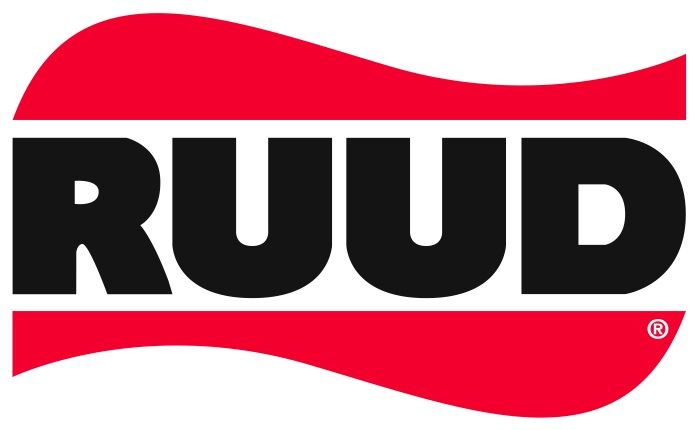Don’t Wait Until Spring For HVAC Inspections

NASHVILLE, Tenn. Sept. 6, 2011 – Conventional wisdom suggests that an annual inspection of a homeowner’s heating, ventilation and air conditioning system is the best way to maintain the health and peak efficiency of a system.
Usually a HVAC contractor performs that maintenance in the spring, in preparation for the upcoming summer. But, what about fall maintenance for the upcoming winter months?
“When switching from cooling to heating, there are maintenance tasks in the fall can have a big impact on homeowners’ utility bills in the winter,” said Billy Jobe, district manager for Comfort Supply, a wholesaler of Ruud HVAC equipment. “It’s just as important that your heating equipment work at its peak efficiency as your cooling equipment, and in many climates where heating costs far outweigh cooling costs, it’s more important.”
Jobe suggests semiannual HVAC maintenance—in the fall and in the spring—to detect and prevent future costly repairs.
Contractors should inspect and service gas controls, heat exchanges, heat pumps, coils and condensers. Clean coils on heat pumps, and combustion chambers on gas furnaces. Watch for rusted or cracked heat exchanges as these can release carbon monoxide into a customer’s home.
“It’s one thing to present semiannual maintenance as an option to a homeowner. It’s another thing entirely to actually sell the idea,” Jobe said.
Jobe recommends setting up automated communications to homeowners to let them know when maintenance is due. This can be done through email, direct mail or over the phone. “Communicate to your customers through the channels that they prefer, and make it as easy a possible for customers to be aware of and schedule upcoming maintenance,” Jobe said.
Contractors can also add a semiannual inspection option to their service contracts, and contractors sell this option by highlighting its benefits.
“The best way to sell semiannual preventative maintenance is to be honest and remind the homeowner of its primary benefit: It decreases costs over the entire life of the HVAC equipment. If long-term benefits evade your customer, use short-term examples the homeowner can understand. For example, leaking ducts can reduce energy efficiency by up to 20 percent. That’s $15 on a $75 monthly utility bill,” Jobe said.
Contact: Jeff Bradford/Erin Gagnon, 615.515.4888, info@bradfordgrp.com
About Comfort Supply: Founded in 1971 as one of Tennessee’s first HVAC wholesalers, Comfort Supply is a wholesaler of quality Ruud products and a one-stop location for both traditional and geo-thermal HVAC products, serving the residential and commercial markets from five locations in Nashville, Murfreesboro, Cookeville, Clarksville and Knoxville. Comfort Supply focuses on helping dealers grow their businesses by providing training classes, marketing solutions and services that save time.
About Ruud: Ruud is an industry leader for total heating, cooling and water heating solutions and one of the few brands with product offerings covering residential and commercial heating and cooling systems. All Ruud heating and cooling products meet and exceed rigorous industry standards for quality and reliability. From raw material delivery to finished product assembly, each phase in the manufacturing process is effectively overseen to ensure the highest quality.
Tags:


